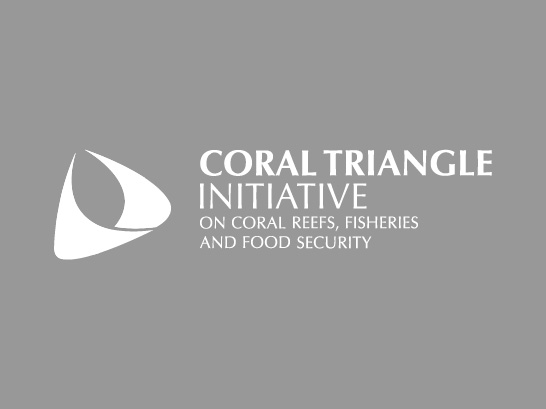Unlocking Stories Behind the Initiative
| # | Documents | Filesize |
|---|---|---|
| 1 |  LOCTIUnlockChapter1-10-1.pdf LOCTIUnlockChapter1-10-1.pdf | 4 MB |

- Subject:
- Institution Strengthening
- Type:
- Reports and Studies
Unlocking Stories Behind the Initiative
August 2015
Publisher: Interim Regional Secretariat CTI CFF and Ministry of Marine Affairs, Indonesia
Editor: Matheus Eko Rudianto, Hendra Yusran Siry and Arwandrija Rukma
ISBN: 9786021312148
Authors:
Hendra Yusran Siry – Ministry of Marine Affairs and Fisheries
Matheus Eko Rudianto – Ministry of Marine Affairs and Fisheries
Arwandrija Rukma – Rare
Abstract and Figures
The term ‘Coral Triangle Initiative on Coral Reefs, Fisheries and Food Security’ firstly introduce formally by the President of the Republic Indonesia through his letter to CT5 countries and to US President and Australia Prime Minister on August 2007. This initiative has the goal that would be to ensure long-term benefits of the marine and coastal natural resources across the Coral Triangle Area-encompassing all or parts of at least six countries; Indonesia, Malaysia, Papua New Guinea, the Philippines, East Timor, and the Solomon Islands. At the APEC Summit in September 2007, 21 heads of state from across the Asia Pacific welcomed the CTI-CFF in their formal declaration. On May 15, 2009, in Manado, Indonesia, the leaders of the six Coral Triangle (CT) countries came together for a historic Summit at which they committed to a bold vision and concrete actions to conserve the richest and most abundant marine life on our planet. Along with the six leaders, 20 ministers and over 100 senior officials from the CT6 countries, along with senior representatives of 15 major partners and observers (international NGOs, donor governments, and funding agencies) all came together in Manado to declare a new era in marine and coastal conservation for the Coral Triangle. The commitments and announcements made at the Summit and related events represent one of the most important advances in marine conservation in history, and could one day be described as a tipping point for transforming the way marine and coastal resources are managed in this globally important area. There were at least 9 meetings before CTI Summit and at least 11 important meetings after the Summit and produce many decisions that could be used as a base and precedence in the future decisions making processes. Besides that, there were a bunch of untold stories whispering around that sometimes very important to be recorded as background information to better understand why some decisions have been made. This book is written to capture both the documented decisions and tacit knowledge which hopefully can be used as a reference in the future. The main sources of the book are chairman summaries of coordination commitee meetings, working group meetings, technical meetings, Senior Official Meetings, Ministerial Meetings and CTI Summit as well as interviews from the many who are now active movers in the CTI CFF. The book is intended to help CTI CFF Big Family and other stakeholders to better appreciate the hindering and facilitating factors to a multisector or a multi-country development initiative and apply that knowledge in their own efforts to move forward. We believe it is of great interest to others that these “histories” be written and shared as a matter of keeping the knowledge sharing tradition in the CTI CFF robust.